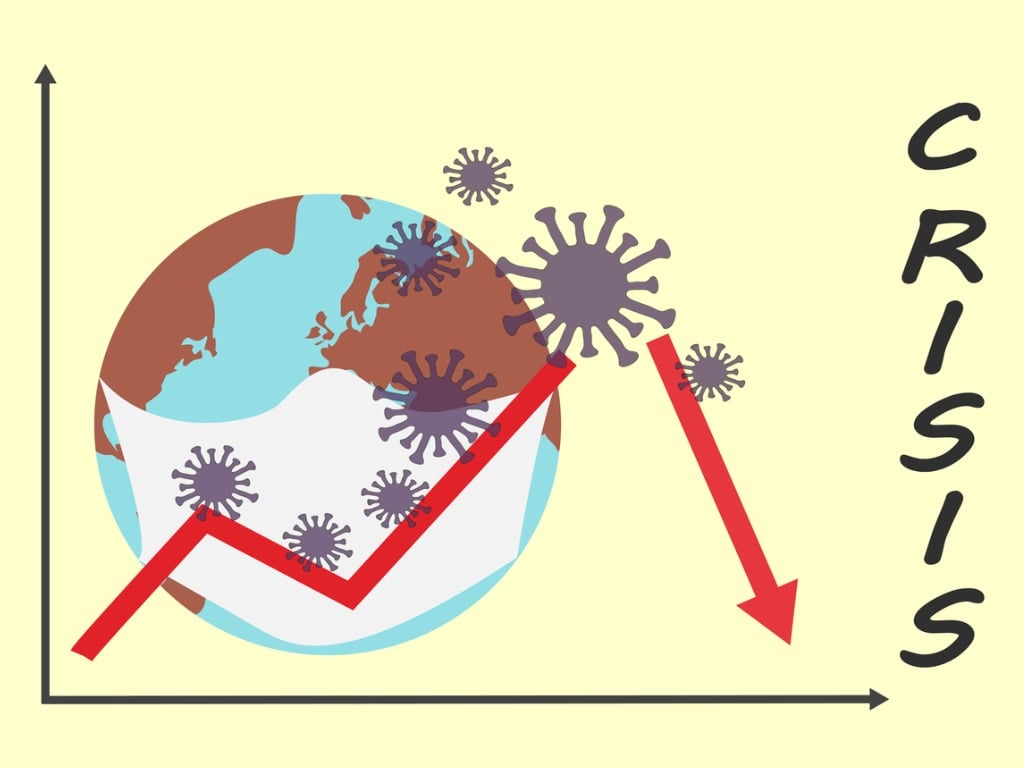
I recently had the pleasure of participating in a panel discussion on “Leading through Chaos” with Dawn Buzynski of Strategic America and Vince Newendorp of Vermeer. Little did any of us know that about two weeks later the stock market would crater, a global pandemic would cause most of the nation to be placed on lock-down, and vast business closures would cause rampant unemployment and uncertainty.
Our panel discussion focused on managing through scenarios like gun violence, business closures, and natural disasters. The key takeaways:
Prepare, prepare, and prepare some more
The past few weeks have put an exclamation point on the maxim “expect the unexpected.” You simply cannot “over-plan” for emergency situations. Nor is it possible to predict the challenges that may arise. However, your business can’t afford to be in a position of playing catch up amid a chaotic situation. A solid business continuity plan is essential and creates a roadmap that will enable you to remain in operation should an emergency strike. Involve the key leaders of your company and include all aspects of your business to develop your plan. Adapt your plan to the specific threat and adapt as needed. Update your plan regularly--threats and technology evolve quickly.
Educate and train
The best-laid plans are worthless if nobody in your company knows about them. Make sure your key leaders know and understand your plan, and educate your personnel on their roles.
You cannot over-communicate
When chaos hits, you’ll need to communicate to your employees, customers, suppliers, and the media. If you don’t provide your stakeholders with consistent and honest information on a regular basis, they will assume the worst. Prioritize your employees—your business would not exist without them. If media relations are involved, be proactive and consider enlisting the help of a PR professional.
You have friends
Never forget that your business has friends or that you are friends to others. Clients, vendors, customers, suppliers, referral sources, and friends are so much more than their business cards. They are invested in your success and care about you beyond a spreadsheet or invoice. They worry about you, particularly in times of crisis. If the past few weeks have shown us anything, it’s that we are all more interconnected—and interdependent—than we knew. In times of struggle, if you can give help, don’t hesitate to offer. If you need help, don’t be afraid to ask for or accept it.
Thanks to Mike Kleis for moderating our panel discussion and to ACS for hosting the event.
For updates on COVID-19 and new guidance provided by BrownWinick attorneys, please visit our COVID-19 Resource Page.
Meet the Author:
